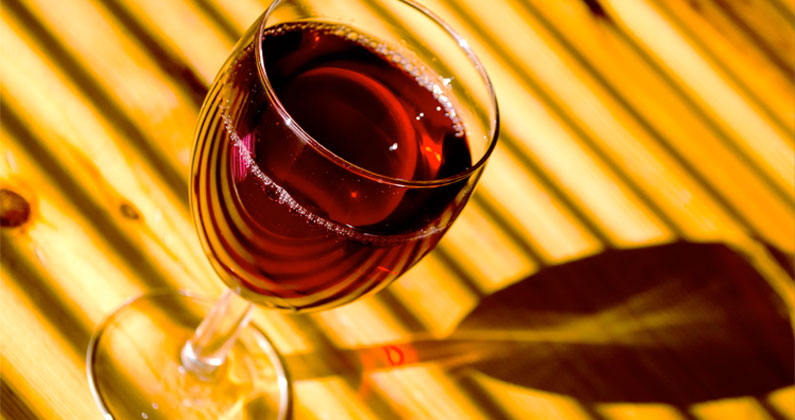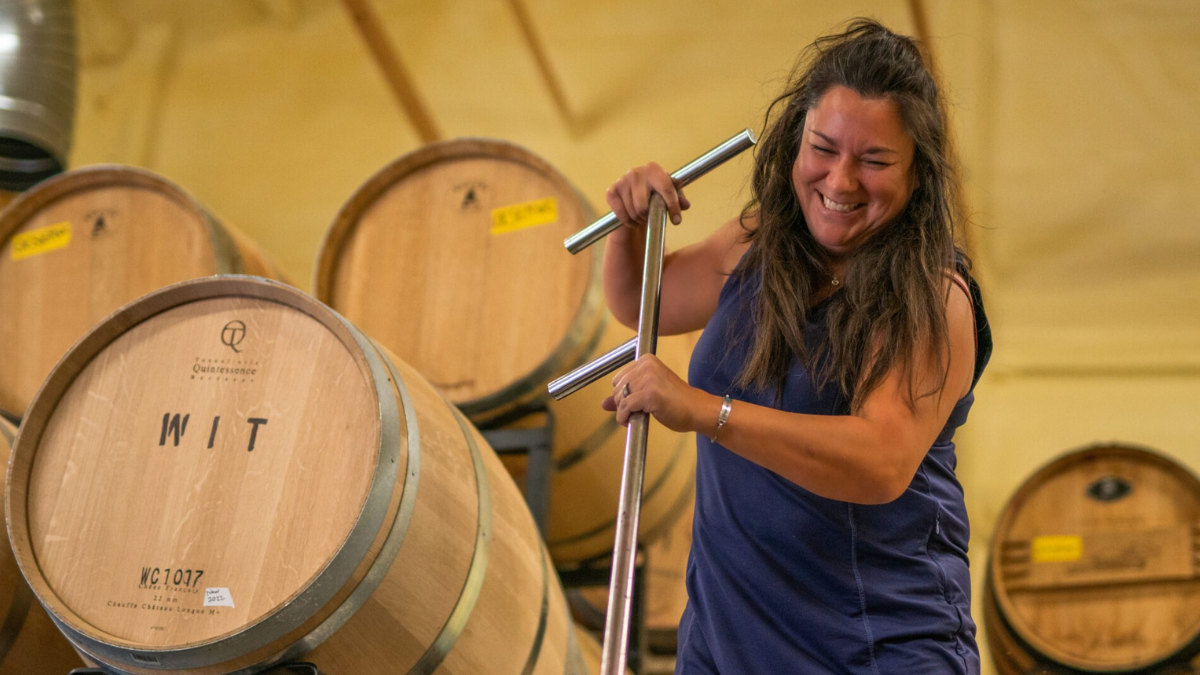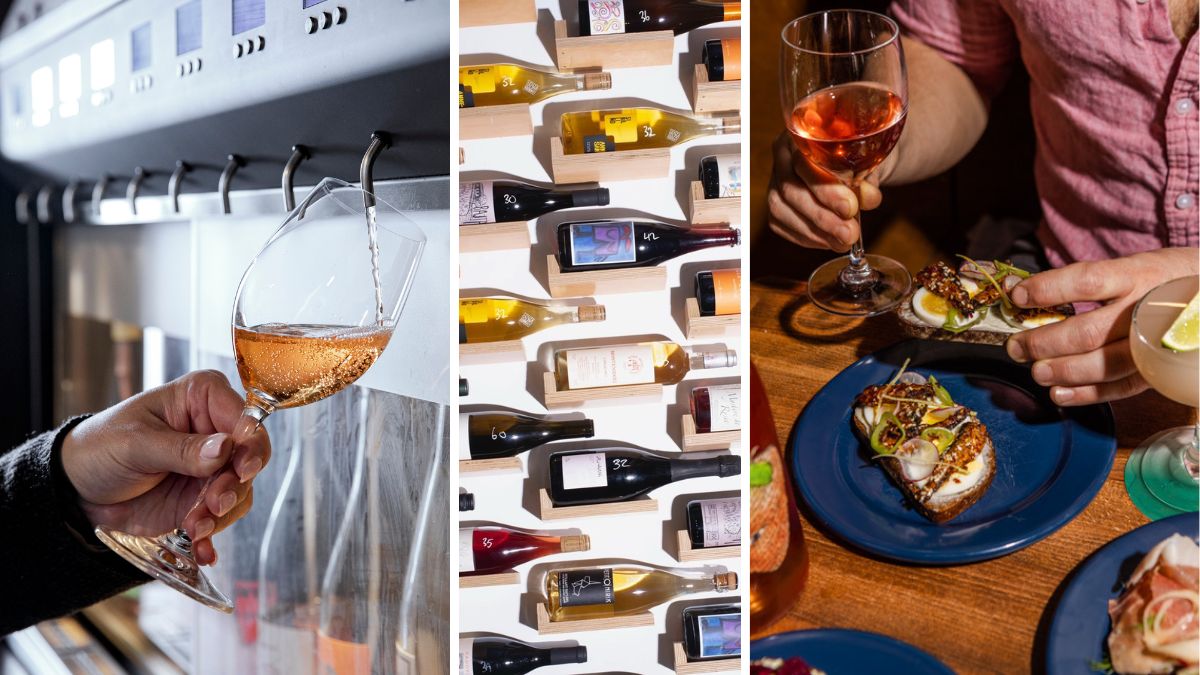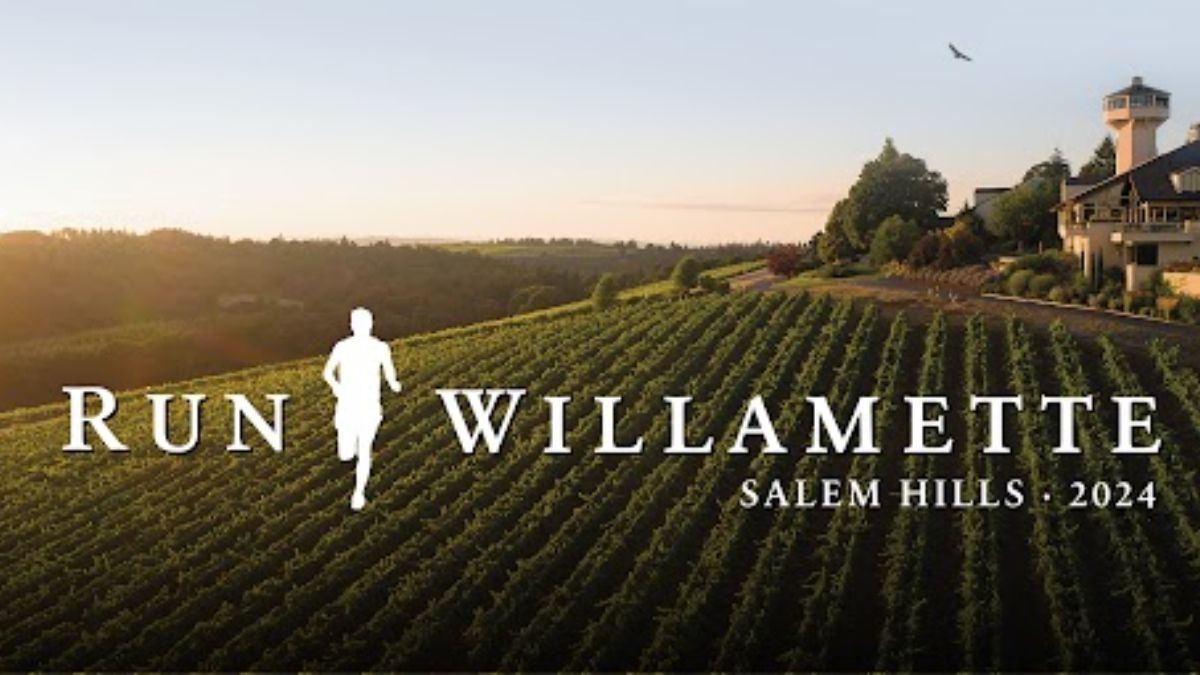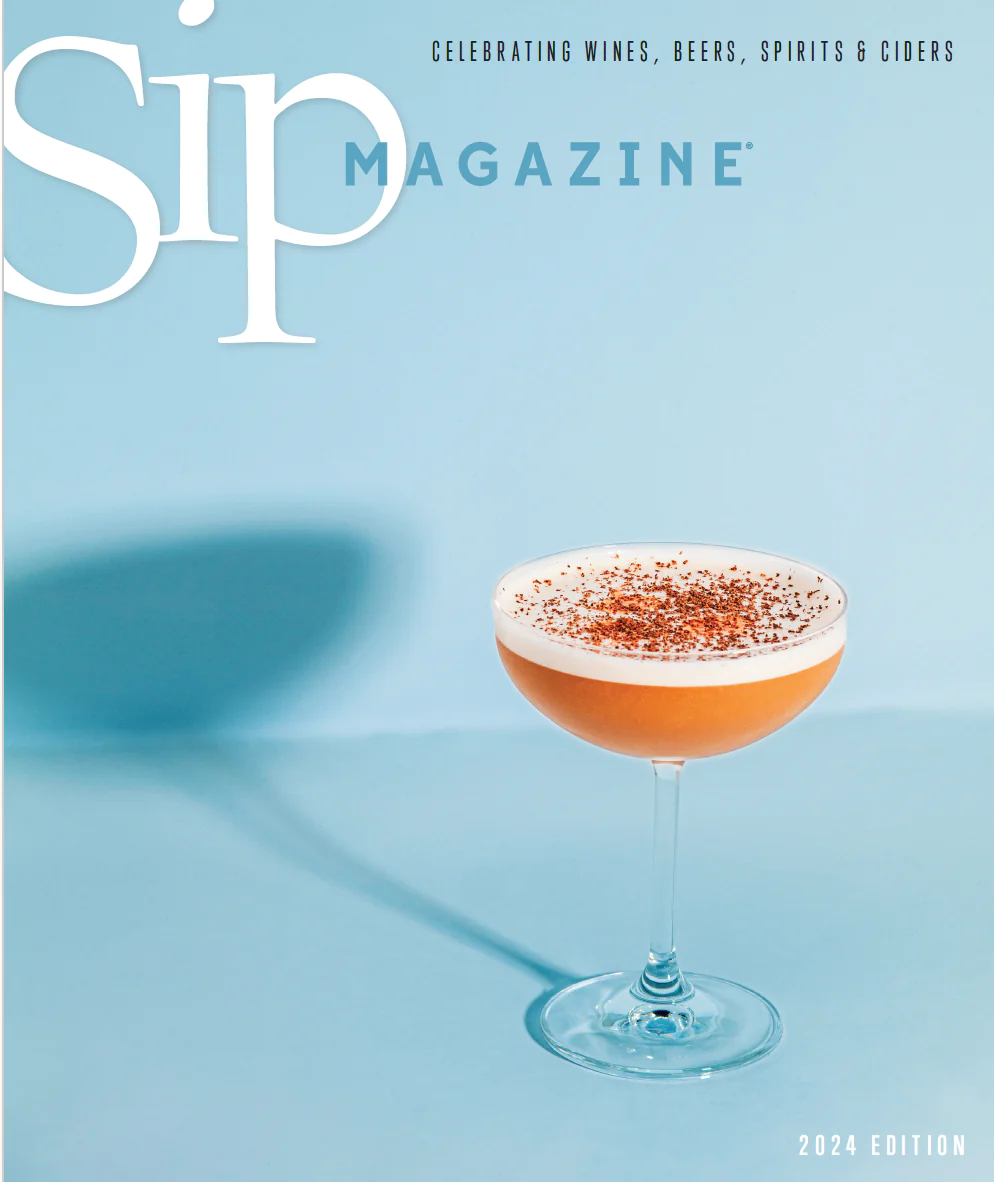There’s an emerging trend in the Pacific Northwest of sommeliers and other wine experts moving from selling wine to making it…or sometimes doing both at once. I’ve been thinking quite a bit about this, and I have a few thoughts about this mostly positive development.
From a winemaking perspective, there’s a lot to gain. Most accomplished sommeliers tend to have a broad understanding of the world of wine, meaning that they tend to be less focused on what’s already being done in a given area, and more on finding unique ways to express the place. Take Washington somm-makers Greg Harrington’s Gramercy Cellars Picpoul or Jeff Lindsay-Thorsen’s W.T. Vintners Grüner Veltliner for example, or Michael Claypool’s Clay Pigeon Cabernet Franc from Portland.
It also helps publicize those regions, because it can sound more impressive to interview a Master Sommelier or Master of Wine and talk about their winemaking project. Look, I’m even writing about it! Yet it’s also true that those somms-turned-winemakers do tend to be particularly good at promoting their wines, and getting them in front of other somms throughout the country and the world.
The downside is a bit more difficult to tease out, but I think it relates to the above paragraph: certain winemakers get a bit too much attention, or get treated as the real stars in the industry, even though they’re often the first ones to say that they’re part of a much larger community. I’m always a bit wary of celebrity winemaking, though, at least in this case, the celebrity was earned in the world of wine.
That said, it’s of tremendous benefit to the larger industry that we have these folks who have worked or still do work both sides of the trade. They can apply their hard-won knowledge about winemaking to talking to guests in a restaurant, and they can more easily communicate their intentions and achievements to other sommeliers. I’ll readily admit that sometimes talking to winemakers who don’t have a restaurant background can be a bit frustrating, as it either ends up being an overly-technical conversation or a series of assertions that their full-bodied red wine goes really well with salmon.
Beyond that, sommeliers tend to appreciate balance, complexity and restraint in a way that is sometimes foreign to winemakers here. As Lindsay-Thorsen of W. T. Vintners explained to me, it’s similar to the way a chef composes a dish: a young and exuberant cook might attempt to pack in as many flavors as they can, to almost overwhelm the eater, while a more experienced chef understands that the greater skill lies in taking just a few ingredients and doing only enough to them to enhance their existing flavors.
So, too, it is with winemaking, and while many Pacific Northwest winemakers have come to that realization without spending a single night on the floor of a restaurant, it’s a perspective that can’t be ignored when you come to winemaking from that industry, and thankfully it’s being honored.
Writer Zach Geballe is a sommelier at the Dahlia Lounge and the host of Disgorged, a weekly podcast and pop-up wine bar in Seattle’s Queen Anne neighborhood. He lives in Seattle, where he owns more wine than he can reasonably drink, but loves to share. You can find him at @zgeballe or vinetrainings.com.

